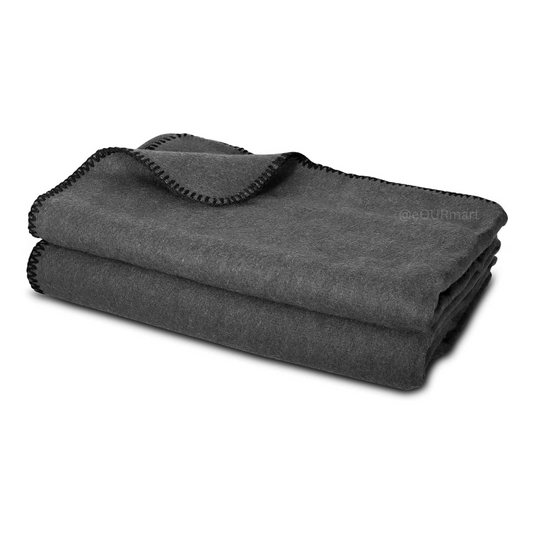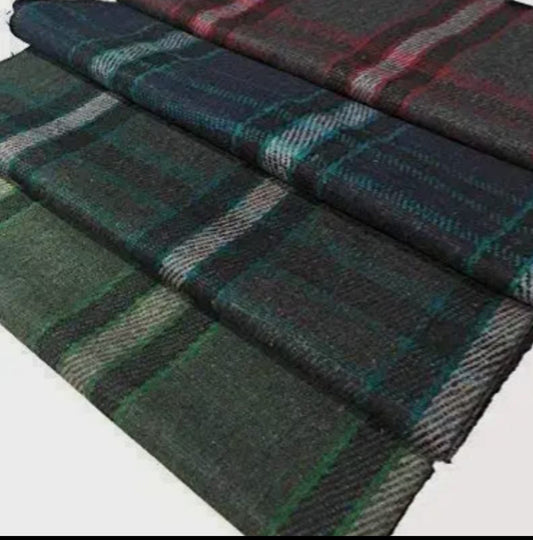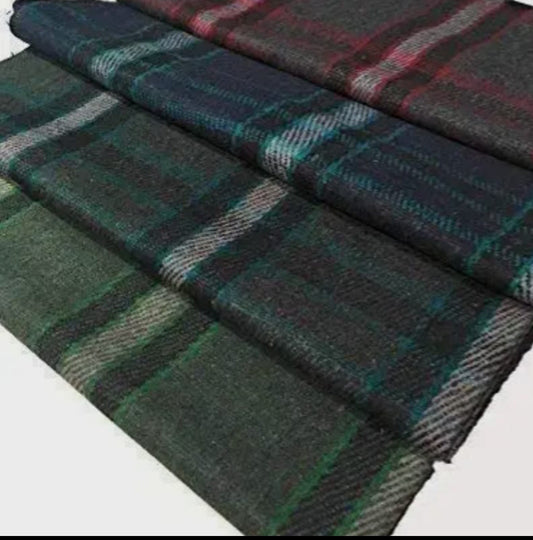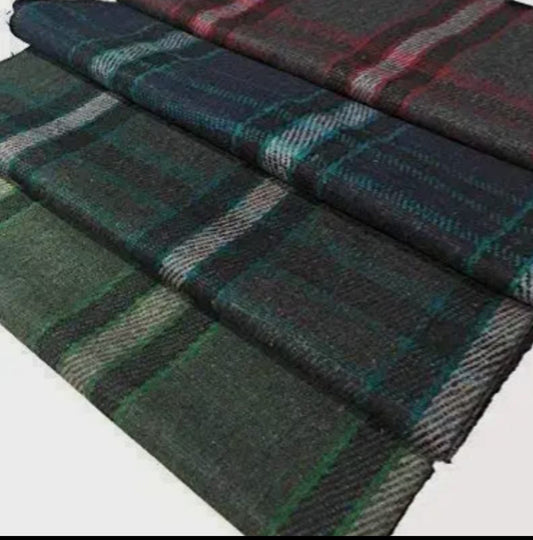- Diya (Oil Lamp): The diya, or oil lamp, is symbolic of the victory of light over darkness. Lighting a diya signifies the dispelling of ignorance and the awakening of knowledge. Traditional clay diyas are commonly used during Diwali pooja, and they are usually filled with ghee or oil. These lamps are placed in front of deities and in various corners of the home to create a warm, inviting ambiance.
- Incense Sticks (Agarbatti): Incense sticks are an integral part of any pooja, including Diwali. They release a fragrant smoke that purifies the air and creates a serene atmosphere. Choose incense with scents like sandalwood, jasmine, or rose for a pleasing aroma.
- Rangoli Materials: Rangoli is a colorful and intricate design created on the floor, typically at the entrance of the house. It is made using colored powders, rice, flower petals, and other decorative materials. Rangoli adds a beautiful and welcoming touch to your home during Diwali.
- Murti or Idol: A small idol or image of the deity you wish to worship is essential for Diwali pooja. Lord Ganesha and Goddess Lakshmi are the most commonly worshiped deities during this festival. Ensure that the idol is placed on a clean, sacred space, and decorated with flowers and other offerings.
- Sandalwood Paste and Kumkum: Sandalwood paste and kumkum (vermillion) are used for applying tilaks or marks on the idols and the foreheads of family members. These are symbols of purity and auspiciousness.
- Camphor (Kapoor): Camphor is used as an offering to the deities during the aarti (ritual of waving a lamp). It is believed that the light and fragrance of camphor purify the surroundings and invoke divine blessings.
- Fruits and Sweets: Offering fresh fruits and traditional Indian sweets like laddoos, barfis, and pedas is a gesture of sharing the joy and abundance of the festival with the divine.
- Coconut: A whole coconut with its husk represents the divine presence and is offered during the pooja. The coconut is usually placed on a metal stand and adorned with flowers and leaves.
- Panchamrit: Panchamrit is a concoction made from milk, curd, ghee, honey, and sugar. It is offered as a sacred drink to the deities during the pooja.
- Puja Thali: A decorative plate or thali is used to arrange all the essential items for the pooja. It often includes compartments for keeping the diya, incense sticks, sandalwood paste, kumkum, and more.
- Coins or Currency Notes: Gold or silver coins and currency notes are often included as a symbolic representation of wealth and prosperity. These are placed on the puja thali as an offering to the deities.
Diwali pooja is a time for introspection, gratitude, and seeking divine blessings for a prosperous and harmonious life. The use of these essential items in the Diwali pooja ritual helps create an atmosphere of devotion and spirituality. It's a time to come together as a family, reflect on the past year, and set positive intentions for the future. Whether you are a devout Hindu or simply partaking in the cultural celebrations of Diwali, these essentials are key to ensuring a meaningful and joyful festival of lights.





